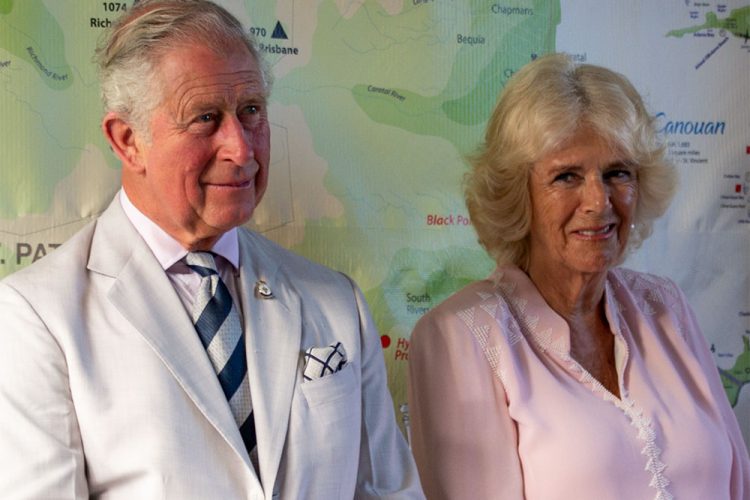Musings from Toronto

As I ‘pen’ this column from Toronto on this day, March 20, I am fully aware that Spring has sprung. It is fittingly, the warmest it has been for a long time. It is currently 8ºC. I note that Prince Charles and the Duchess of Cornwall are presently in SVG. I am disappointed that their itinerary did not include a visit to the Obelisk at Dorsetshire Hill, with him laying a wreath. That would have been a fitting gesture, six days after National Heroes Day and in a year when we will be celebrating 40 years since the end of colonial rule. I am not a lover of the Royal family that enjoys enormous privileges by accident of birth. At this time when we claim to embrace egalitarianism, royalty is clearly an anachronism. True enough, the Union Jack is no longer our national flag and ‘God Save the Queen’ is reserved for special occasions. But we still give out British honours that remind us of an empire that no longer exists. At one time the sun could not set on the British Empire, but it has begun setting on Britain itself. As it prepares to break from Europe, it might be forced to build its nest in its Commonwealth, and we have certainly seen recent moves to rebuild or strengthen relations with remnants of that old Empire and Commonwealth.
I am in Toronto as guest of the TORONTO SVG SUPPORT GROUP for their third National Heroes Day Luncheon. On Sunday, I shared my views with the gathering, looking at the issues of National Honours, the rationale behind having a national hero, Chatoyer as our first National Hero and gave my view on the question of having a new national hero or national heroes. I have long felt that having a national hero should have been accompanied by a system of national honours. There are many individuals who have done outstanding work for SVG but do not fit the bill for national hero status. Additionally, whenever there is a call for the identification of persons to be national heroes, all sorts of names are tossed into the ring, most of whom do not qualify.
As I reflect on the qualifications for national hero status, it is clear that the criteria were drawn up with Chatoyer in mind. I wonder, also, if anyone who is not a political leader might be able to qualify. To be a national hero one’s contribution has to be of the magnitude that “has altered positively the course of the history of the country.” The individual’s service must be “exemplified by visionary and pioneering leadership, extraordinary achievement and the attainment of the highest excellence which has redounded to the honour of SVG.” Additionally, the individual’s “exploits and sacrifice” must contribute “to the improvement of the economic, social, or political conditions of SVG generally.” I wonder how many of our politicians could really qualify. The individual also has to be dead. This last qualification can at least be easily met.
When I thought of National Honours it was with the view that persons need to be honoured while they were alive and know that their services were appreciated. A national hero is of a different status and is better reserved for people when they are dead. In that case the country needs time to be able to reflect more objectively on their services and not be carried away with the emotions of the time. So, I am against considering Cato or Joshua at this time. I am however of the opinion that George McIntosh could be considered, since he came before the real advent of party politics and has been one of our outstanding political figures.
Thursday will be an important day, Petition Day, when it is possible that the Court itself might be on trial!
Dr Adrian Fraser is a social commentator and historian









